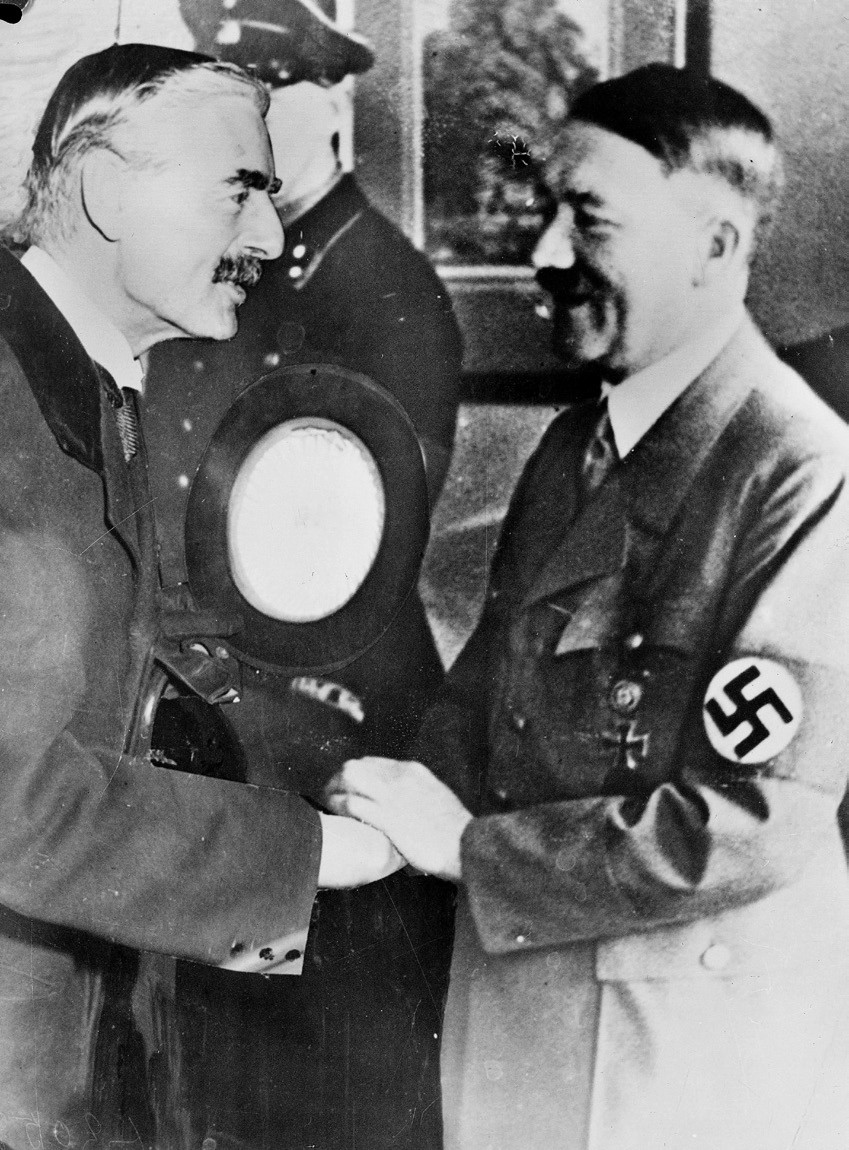
The wisdom of the British policy of appeasement towards Nazi Germany is one of the most controversial issues in modern world history. The reputation of Neville Chamberlain, British prime minister in the crucial period from May 1937 until war was declared in September 1939, is at the centre of much historical debate. For many historians, Chamberlain deserves vilification for failing to act and thus missing the opportunity to, at the very least, lessen the extent of the death and destruction that took place across the globe until 1945. Others argue that Chamberlain’s position has been misrepresented and oversimplified — they argue that attributing blame for the war requires more complex considerations. Is it fair to hold Chamberlain partly responsible for the Second World War?
Although simplistic, this argument is hard to refute. Right up to the Munich Conference of 1938, Chamberlain’s actions would seem to show beyond any doubt that he believed Hitler to be a reasonable man with whom he could negotiate. In particular, it would seem clear that he would not have made such forthright public pronouncements in the aftermath of Munich had he not believed that Hitler would honour his word, at least in the short term.
Your organisation does not have access to this article.
Sign up today to give your students the edge they need to achieve their best grades with subject expertise
Subscribe




